In recent weeks, several popular food and drink products have been recalled, highlighting significant health risks and shaking consumer trust.
From ready-to-eat meals to popular beverages, these recalls have included everything from bacterial contamination to mislabeling issues, urging consumers to be more vigilant about their purchases.
The Hidden Dangers of Listeria in Everyday Foods

Listeria monocytogene is a bacterium found in the recalled chilled food products, such as sandwiches and wraps, which are often sold in convenience stores.
The dangerous bacterium can cause symptoms that mimic the flu, including high fever and muscle aches, in those who ingest the contaminated foods.
Food Standards Agency Issues Warnings

The Food Standards Agency has issued warnings, particularly for vulnerable groups such as the elderly and pregnant women.
During a press release they wrote, “Symptoms caused by this organism can be similar to flu and include high temperature, muscle ache or pain, chills, feeling or being sick and diarrhea.”
Recalled Products: Identifying the Risk

The specific products recalled due to Listeria contamination include brands like Bread Spread, Orbital Foods, and Perfect Bite.
Products range from sandwiches to French sticks with use-by dates from May 10 to May 18, 2024. These items, usually found in independent convenience stores, pose a serious health risk if consumed.
Food Wasn’t Manufactured In Accordance With Safety Laws

During their recall announcement, the Food Standards Agency claimed that some of the foods produced by Bread Spread may not have been manufactured in accordance with food safety laws.
As per the statement, some of the products contain Listeria monocytogenes, which means that “in rare cases, the infection can be more severe, causing serious complications, such as meningitis.”
Items on the Recall List

The British-based Bread Spread provides convenience stores across the UK with a plethora of products, many of which are on the recall list.
This includes popular favorites such as ham cheese, French stick, and egg sausage sandwiches, as well as the Chicken tikka sandwich, Chicken salad sandwich, Chicken sweetcorn sandwich, Ham cheese sandwich, Cheese ploughman sandwich, Chicken may soft roll, and egg mayo soft roll.
Several Other Problems With the Food

While the harmful bacterium Listeria monocytogene was identified in several products, other problems with the food have arisen, leading to the recall announcement.
The FSA said in a statement: “These products are also subject to a number of hygiene and traceability contraventions which makes them unsafe to eat.”
A Developing Situation

As it stands, the FSA admitted that more items may be added to the recall list in the near future.
“It is a developing situation; the list of affected products below may be incomplete. All chilled and ready-to-eat foods with a use-by date up to and including 18 May 2024 manufactured or supplied by Bread Spread Ltd are affected,” they said.
How to Handle a Product Recall
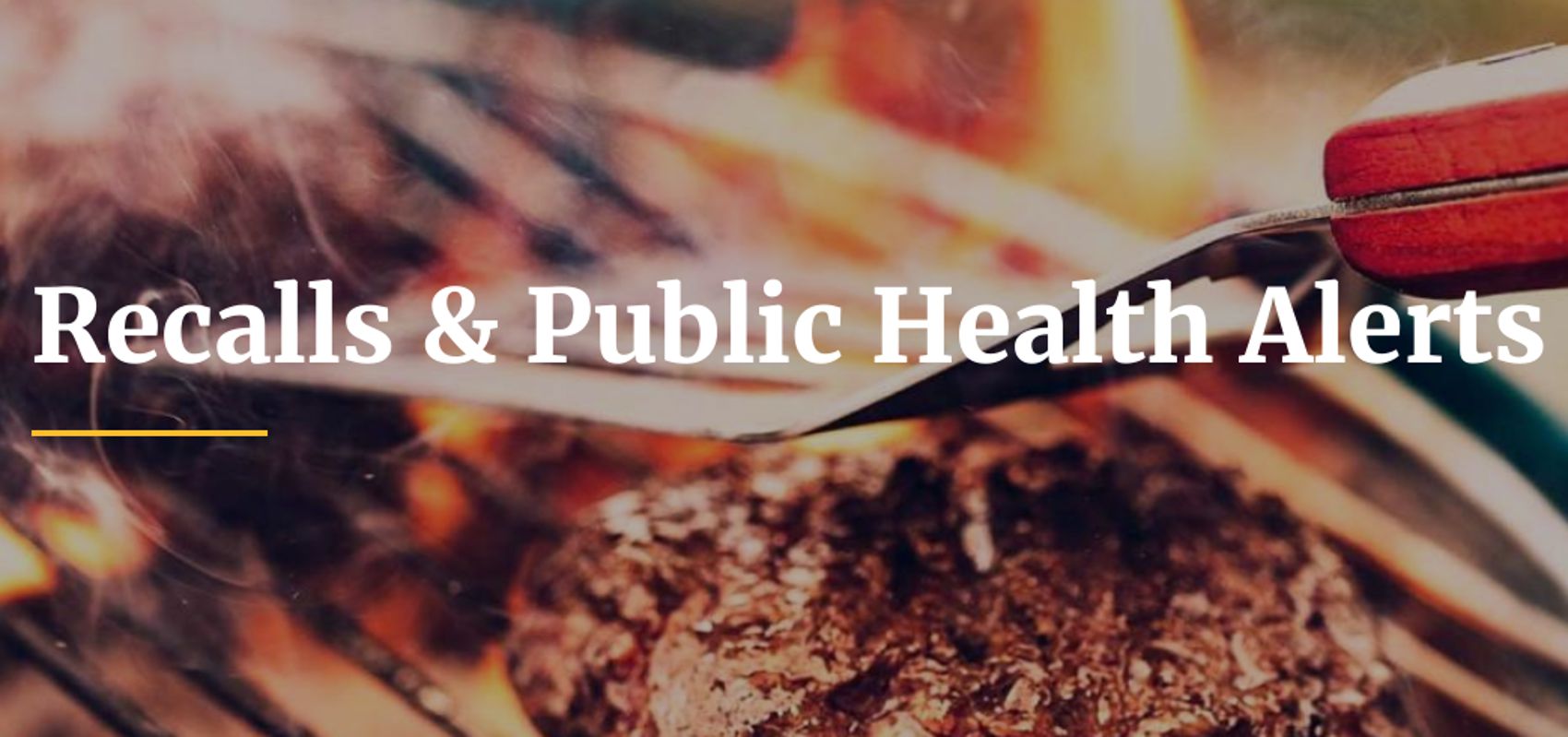
Customers who have purchased any recalled food items are urged to return them immediately for a full refund.
The recall covers all products regardless of the purchase condition, with or without a receipt, ensuring that all potentially hazardous foods are returned and safely disposed of.
Risk Assessment From the FSA

According to the FSA’s own risk assessment, the presence of Listeria monocytogenes in the previously mentioned products is of grave danger to anyone who consumes the pre-prepared food.
However, “Some people are more vulnerable to listeria infections, including those over 65 years of age, pregnant women and their unborn babies, babies less than one-month-old and people with weakened immune systems,” they said.
A Final Warning From the FSA

At the end of their statement, the FSA issued a final warning to anyone who has any of the previously mentioned products in their fridge to avoid eating them.
“If you have purchased any products listed above, or any other products that are chilled or ready-to-eat from Bread Spread Ltd, do not eat them. Instead, dispose of the products safely, at home,” they wrote.
The Authorities Have Been Notified

“As these products have not been prepared in accordance with food hygiene, safety, and other legislative requirements, they do not comply with the requirements of assimilated EU Regulations,” the FSA’s statement read.
They finished by mentioning that “Local Authorities have been requested to remove unsafe products from the market. Any concerns regarding unsafe foods should be reported to the local authority where it was purchased.”
E. coli Alert: Ground Beef Recall
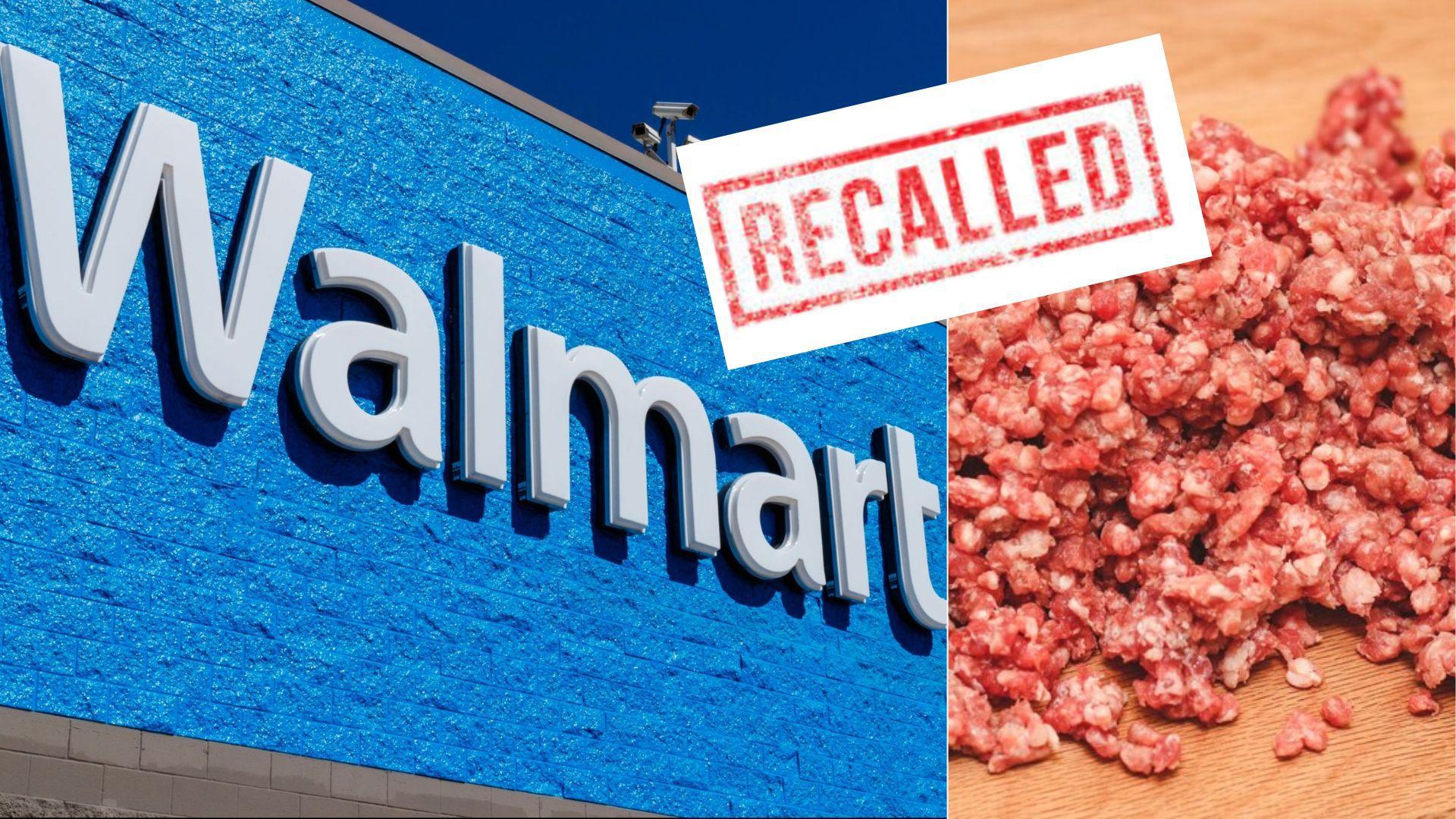
Prior to this, the US Food and Safety Inspection Service announced a recall of approximately 16,243 pounds of ground beef after detecting E. coli.
The contaminated beef, sold in Walmarts across twelve states, was supposed to be kept segregated but was mistakenly processed into consumer products.
Beef Products Recalled

The beef products were produced by Cargill Meat Solutions and included many of their most popular items, such as the “93% LEAN 7% FAT ALL NATURAL LEAN GROUND BEEF.”
Others included the 1.33 lbs. Plastic-wrapped trays containing four “PRIME RIB BEEF STEAK BURGERS PATTIES,” 2.25 lbs. Plastic-wrapped trays containing “85% LEAN 15% FAT ALL NATURAL ANGUS PREMIUM GROUND BEEF” and their 2.25 lbs. plastic-wrapped trays containing “80% LEAN 20% FAT ALL NATURAL GROUND BEEF CHUCK”.
Ensuring Safety from E. coli Contamination
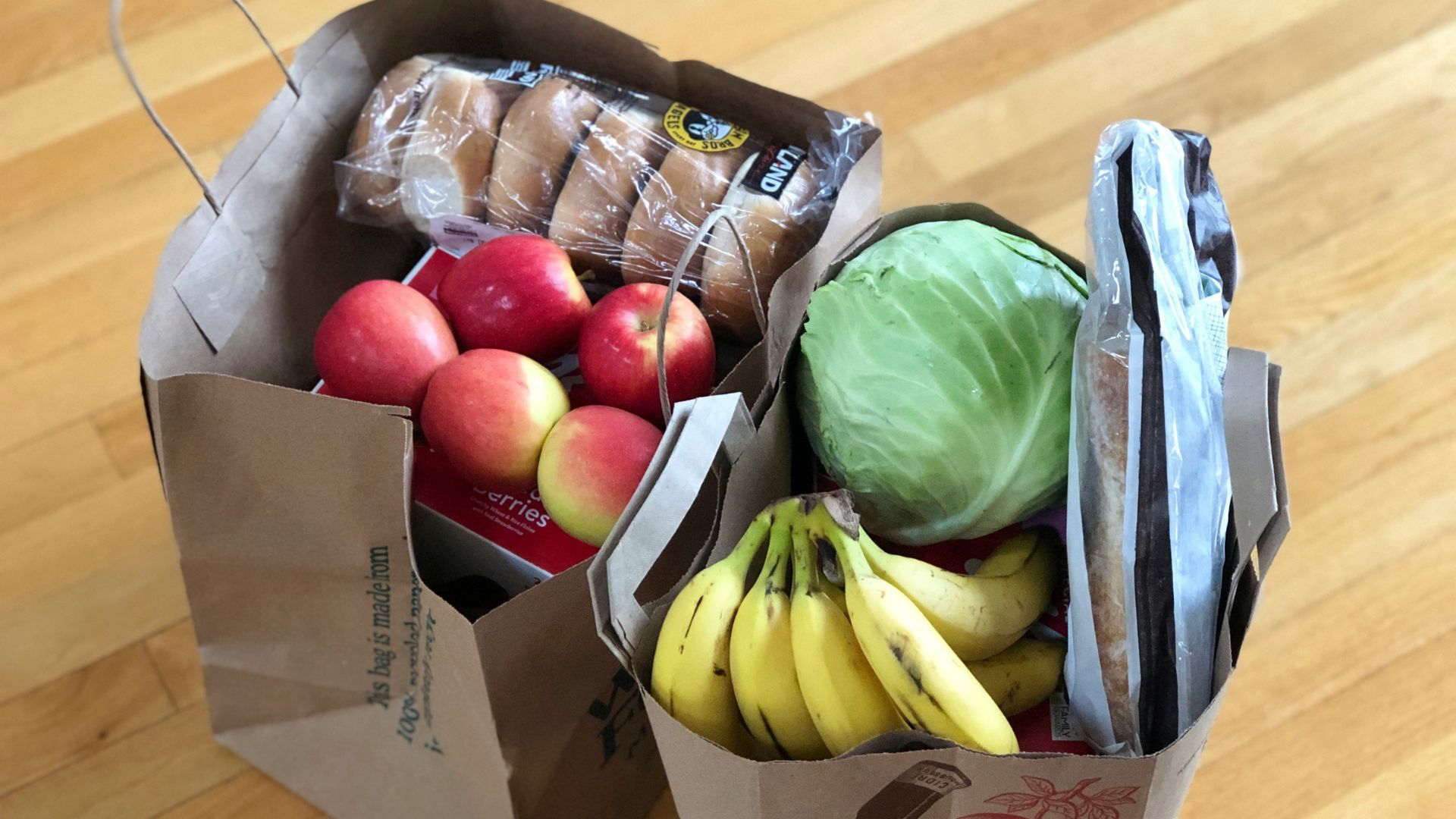
Consumers are advised to check their fridges and freezers and dispose of any meat products linked to this (or any) E. coli alert.
Signs of contamination can be subtle, so it’s crucial to act swiftly to prevent any potential health issues from consuming the affected meat.
What Is E.coli?

According to the Mayo Clinic, “Escherichia coli (E. coli) bacteria normally live in the intestines of healthy people and animals. Most types of E. coli are harmless or cause relatively brief diarrhea.”
However, “a few strains, such as E. coli O157:H7, can cause severe stomach cramps, bloody diarrhea and vomiting.”
Dangers of E.coli?

Most people are exposed to the harmful effects of E. coli by eating raw vegetables or undercooked ground beef.
Symptoms of E.coli include Diarrhea, which may range from mild and watery to severe and bloody, stomach cramping, pain or tenderness, and nausea and vomiting in some people.
PepsiCo’s Labeling Misstep
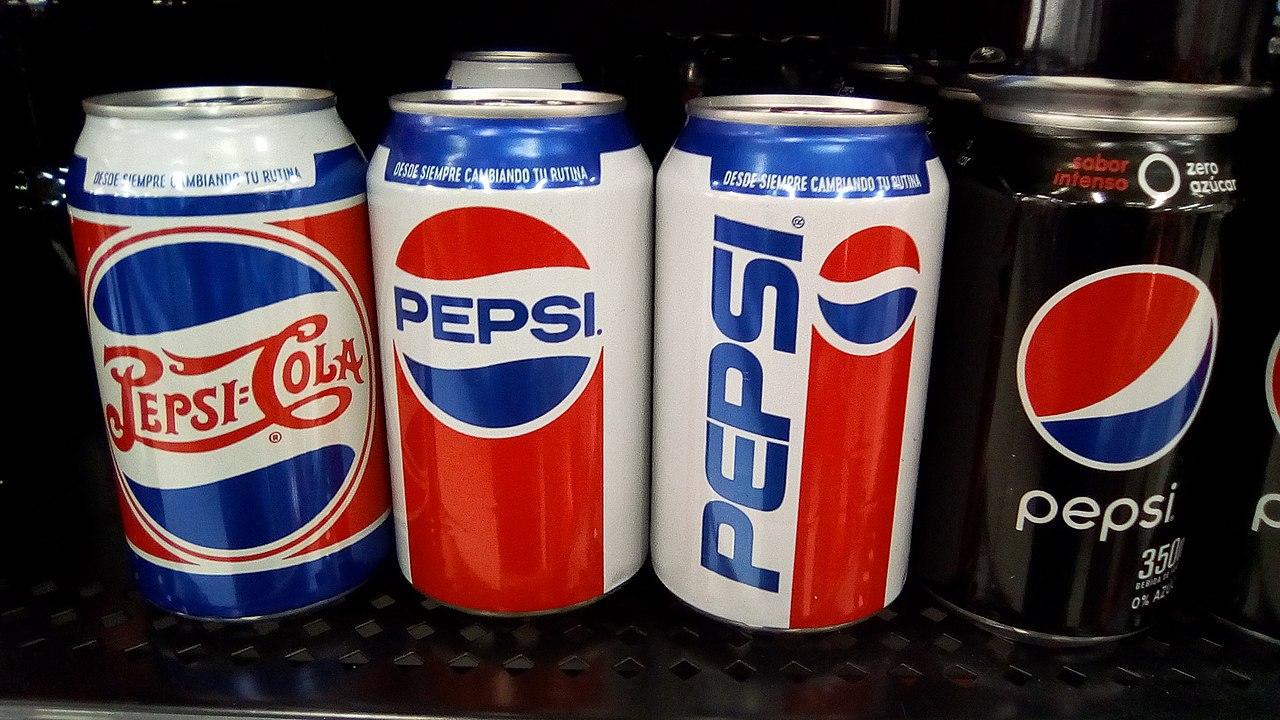
Following an internal investigation, PepsiCo has recalled over 200 cases of a popular zero-sugar beverage found to contain… well, sugar.
In April, the soda company was forced to recall over 230 cases of its popular “zero-sugar” ginger ale because the beverage contained sugar.
Problems For Those With Dietary Restrictions and Health Concerns
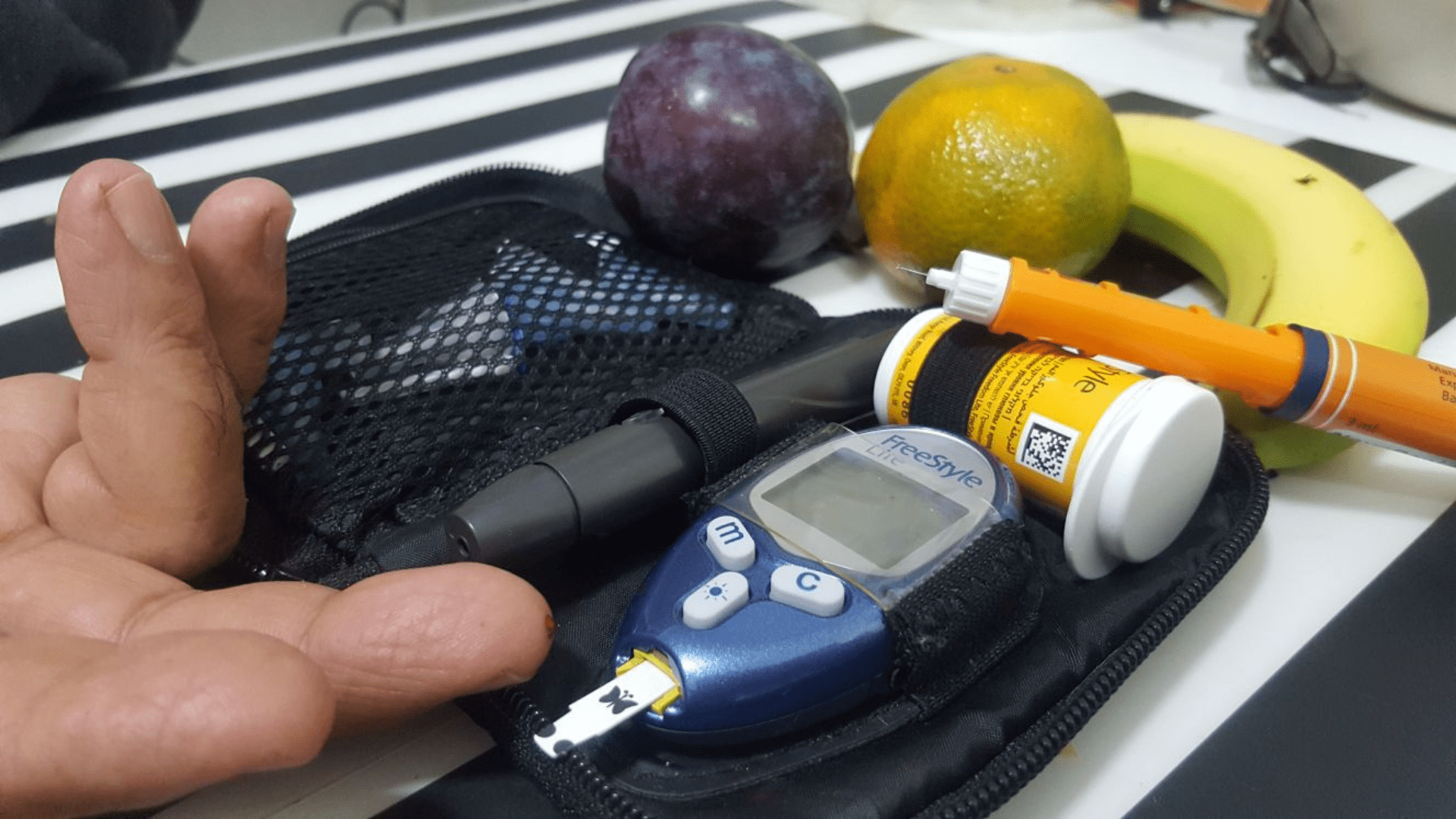
This discovery could affect consumers with dietary restrictions, relying on accurate labeling to manage health conditions like diabetes.
Luckily, the mishap was corrected in time, as there were no reported injuries or illnesses, and the recall appears to have been a success.
The Significance of Accurate Product Information
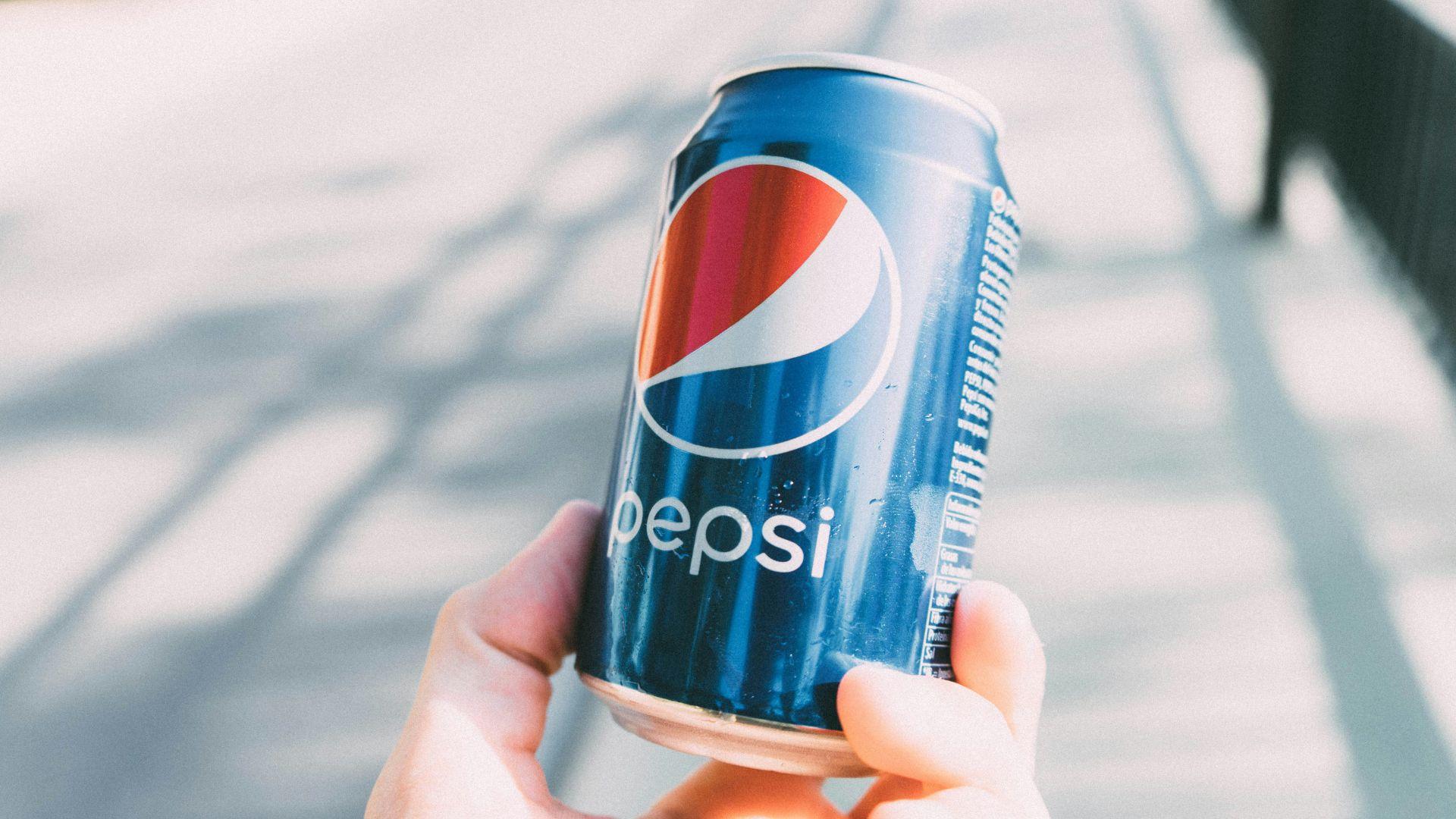
Accurate labeling is critical, not just for consumer safety but also for maintaining trust between consumers and brands.
This incident with PepsiCo’s beverage highlights the broader implications of such errors in an industry where many rely on product labels for their dietary and health decisions.
Checking Your Pantry and Fridge

To manage these recalls effectively, consumers should regularly review and verify the safety of their food and drink products.
Checking use-by dates, recall notices, and ensuring that all purchases are from safe batches are key steps in maintaining health and safety at home.
The Crucial Role of Regulatory Bodies
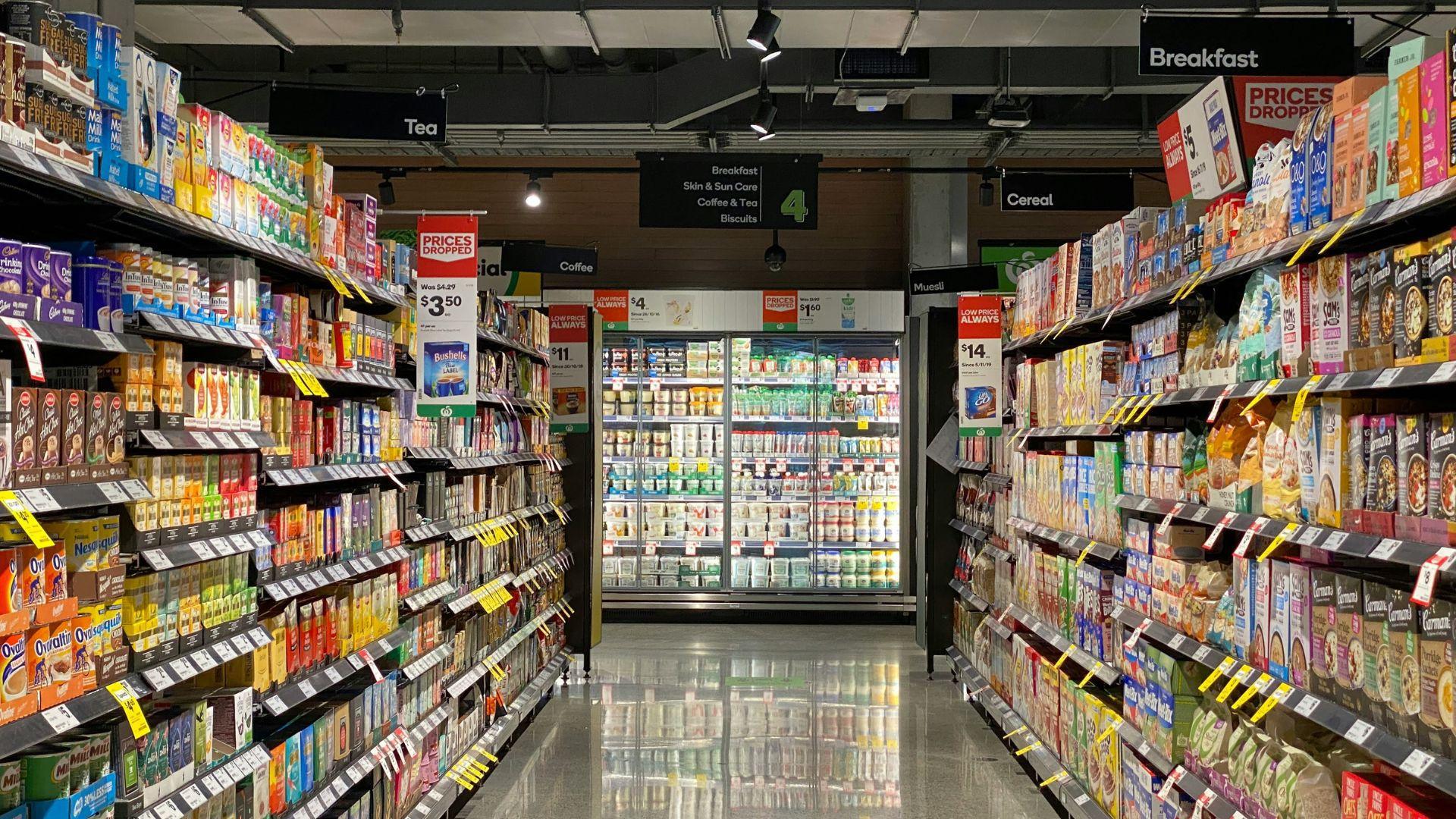
Agencies like the UK’s Food Standards Agency and the US Food and Safety Inspection Service are vital in handling food safety crises.
Their swift actions and clear communication help mitigate risks and provide guidelines for consumers to follow during recalls.
Staying Informed: The Best Defense

The recent string of recalls serve as a reminder of the importance of staying informed about the products we consume.
By keeping up-to-date with recall alerts and understanding the potential health risks, consumers can protect themselves and their families more effectively.
Final Thoughts on Food Safety

These recalls emphasize the ongoing challenges in food safety and consumer protection.
By adhering to safety guidelines and staying vigilant about recall notices, consumers can navigate these issues more confidently, ensuring their well-being in the face of potential food-related risks.
